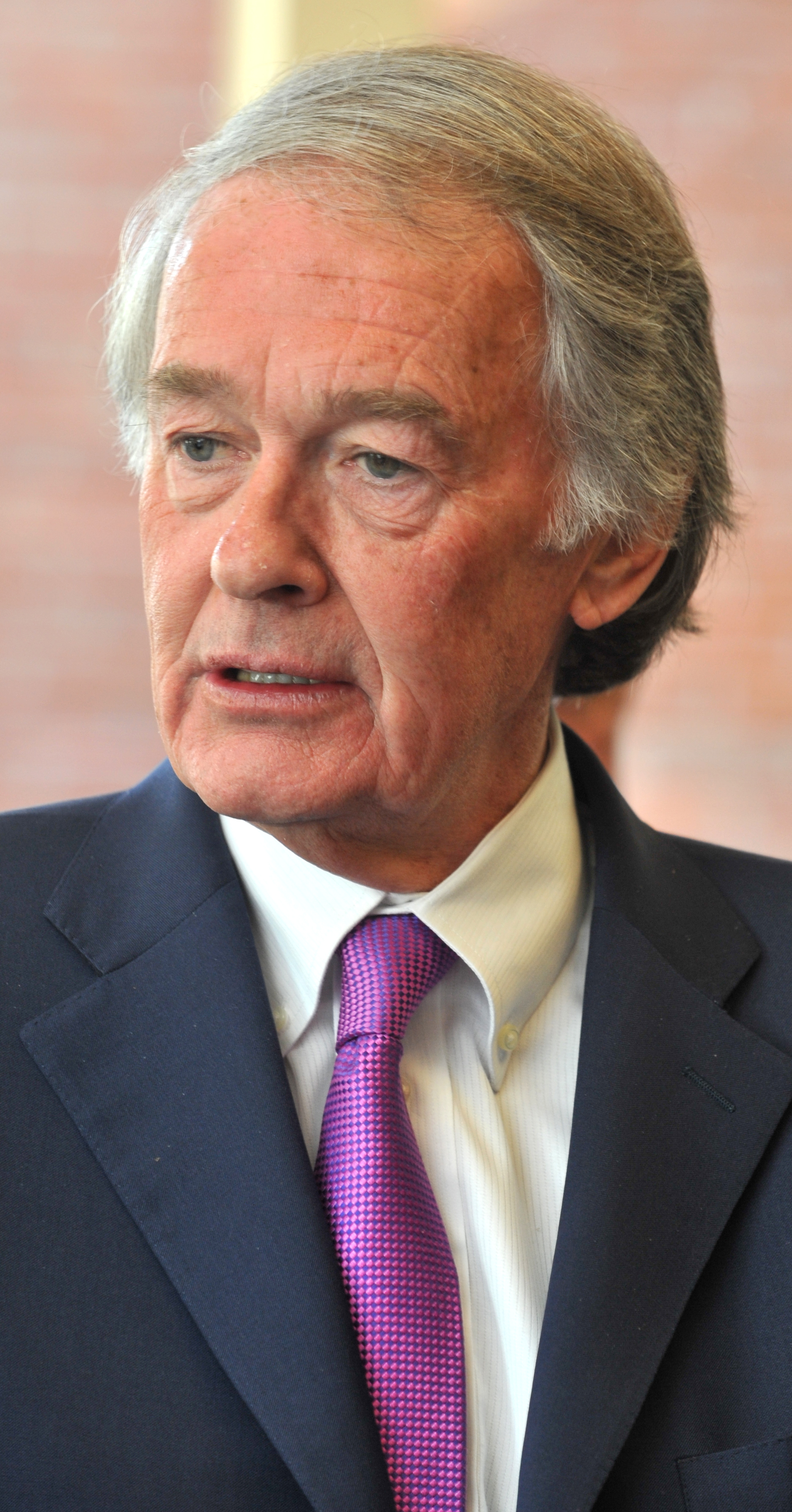BOSTON (AP) — First responders, health professionals and family members who administer overdose-reversing drugs would be shielded from potential lawsuits under a bill filed in Congress.
The bill’s supporters say the use of drugs like naloxone — also known as Narcan — in an emergency overdose situation shouldn’t be deterred by fear of legal action.
The bill is sponsored by U.S. Sens. Edward Markey, a Massachusetts Democrat; Kelly Ayotte, a New Hampshire Republican, and Tim Kaine, a Virginia Democrat.
Rep. Richard Neal (D-Mass.) plans to introduce companion legislation in the House of Representatives in the coming weeks.
The bill is a response to a surge in the number of overdose deaths in the region in recent years.
State health officials said there were 978 unintentional opioid overdose deaths in Massachusetts in 2013, the last year for which complete statistics were available.
That’s a 46 percent increase over the previous year.
More than 7,900 people died of opioid overdoses between 2000 and 2013 in Massachusetts; 978 of those deaths were in 2013 alone. Last week, six people overdosed on heroin within a 48-hour period in Lynn, resulting in three deaths.
“No one should be afraid to save a life because of a lawsuit,” said Markey. “We cannot allow the prescription drug epidemic to spread from the emergency room to the courtroom as a result of good Samaritans administering lifesaving drugs like naloxone to prevent overdoses. This legislation is an important step to help protect the first responders, volunteers, and family members who are on the front lines of preventing overdoses and working to end the scourge of prescription drug and heroin addiction in Massachusetts and across the country. I thank Senator Ayotte for her partnership on this effort to combat the opiates epidemic and call on my Senate colleagues to join us in responding to a crisis that knows no state boundaries.”
“As we work to address New Hampshire’s growing heroin and prescription drug abuse epidemics, we also need to ensure that our first responders, firefighters, and law enforcement officials have all the resources they need to save lives in the event of an overdose,” said Ayotte. “This bipartisan legislation will provide important liability protections for law enforcement, first responders, firefighters and other properly trained individuals who administer naloxone in an emergency overdose situation.”
“Opioid abuse has become an epidemic that poses significant economic and public health challenges for communities across Virginia,” said Kaine. “I’m proud to introduce this legislation to protect ‘Good Samaritans’ who administer opioid overdose drugs to those whose lives may be in danger. Last summer, I participated in a Project REVIVE training session in Lebanon to learn how to administer the lifesaving drug naloxone, and heard firsthand how opioid overdose programs can be critical to preventing drug-related deaths. I encourage my colleagues to support this legislation and I look forward to continue working with state and federal officials to combat drug abuse.”
“Every family member who is living with someone addicted to opiates, whether to prescription pills or heroin, should have naloxone,” said Joanne Peterson, founder and director of Learn to Cope, a Massachusetts organization that provides peer-led support, advocacy and education for family members of those addicted to opiates and other drugs. “Every human life is worth saving, and many who have been saved by a friend or family member have found long-term recovery today. Learn to Cope thanks Senator Markey for being a champion in fighting this epidemic by thinking of the family and friends of those in the grips of addiction.”
The Opioid Overdose Prevention Act exempts from civil liability:
· Individuals who work or volunteer at an opioid overdose program from any harm caused by the emergency administration of an opioid overdose drug that they provide as a part of an opioid overdose program;
· Health care professionals from any harm caused by the emergency administration of an opioid overdose drug that they prescribe or provide to any person provided that person receives education in the proper administration of the opioid overdose drug and steps to be taken after administration of the drug; and
· Individuals, including first responders, who administer an opioid overdose drug to a person who is or reasonably appears to have suffered an overdose provided they either are doing so pursuant to a prescription or they obtained the overdose drug from an overdose program or a healthcare professional and received education in the proper administration of the overdose drug, including steps to be taken after administration of the drug.
The bill is endorsed by: Trust for America’s Health (TFAH), American Psychiatric Association, Association of State and Territorial Health Officials, Community Anti-Drug Coalitions of America (CADCA), American Society of Addiction Medicine, Drug Policy Alliance, Harm Reduction Coalition, New Hampshire Association of Chiefs of Police, Massachusetts Organization for Addiction Recovery (MOAR), Learn to Cope, Association of Behavioral Healthcare, Massachusetts Sheriff’s Association, and the Massachusetts Association of Behavioral Health Systems.


